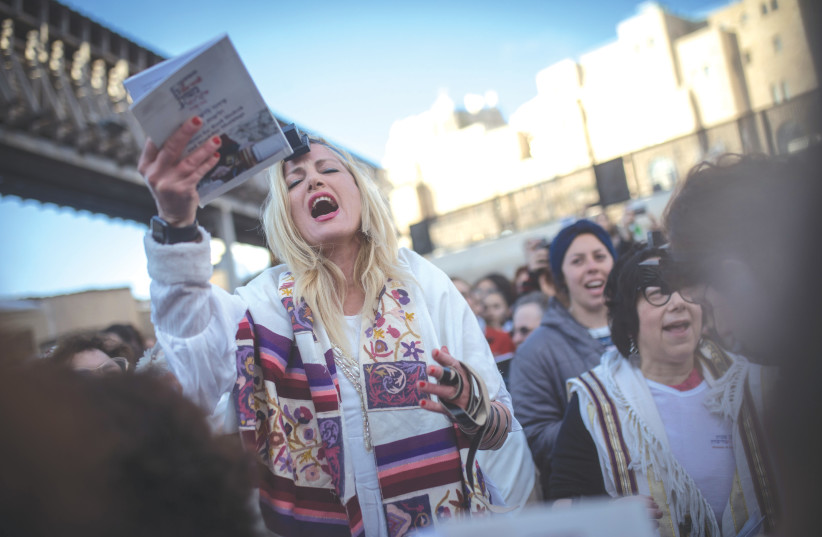In an important step to integrate women into the nation’s religious services, Deputy Minister of Religious Services Matan Kahana has announced that the ministry will initiate budgeting and recognizing meshivot halacha – female Jewish law leaders – for the various communities in the country.
This means that female Orthodox halachic leaders will now be able to receive funding, a salary and acknowledgment by the ministry and will serve in a halachic leadership role alongside the rabbis of the communities.
According to Kahana’s announcement on Thursday, the state-funded meshivot halacha will provide service and response in the field of family purity in Jewish communities across the country.
“This new initiative is intended to bring about the integration of women in the halachic communal space and will create a halachic response for women on sensitive and private issues related to family purity,” a source in the ministry said.
According to a “call for proposals” published this past week by the ministry, it will budget 21 communities for participation in employing a meshivat halacha.
"This new initiative is intended to bring about the integration of women in the halachic-communal space and will create a halachic response for women on sensitive and private issues related to family purity."
Religious Services Ministry source
“In 2022, it is already clear to everyone that women who are smart students are an integral part of the halachic and community leadership world,” Kahana said. “meshivot halacha are an existing and blessed fact in many Jewish communities in Israel and it is time for the State of Israel to recognize their sacred work and fund their activities,” he said. “I believe that this step is an important and blessed one for Judaism that will add Torah and holiness to Israel.

Statements in response
The Ne’emanei Torah Va’avodah movement and the Kolech organization said in response to the decision that “we welcome the recognition of meshivot halacha in Israeli Jewish communities. We have addressed this issue to the minister and are pleased that a response will be given to women who are already serving as community leaders.
“This is an important step towards full recognition of the world of female Torah study,” they said. “We hope that in the future, this budget will recognize the activities of those who already serve as female community rabbis – and hope that this will lead to more women in these positions.”
